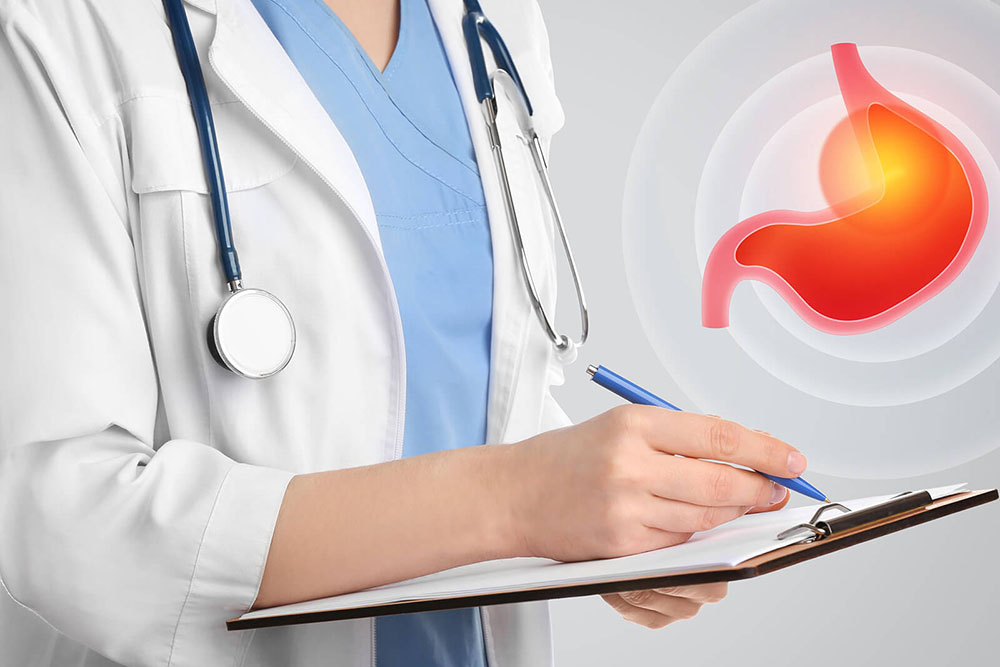What Is Bowel Obstruction?
A bowel obstruction happens when something blocks the flow of contents through your intestines. The blockage can be partial or complete. If left untreated, it may lead to infection, tissue damage, or life-threatening complications. Early diagnosis and treatment are key to reducing risks.
Common Causes and Risk Factors
- Scar tissue (adhesions) from prior abdominal surgery
- Hernias in the abdominal wall
- Tumors or growths inside the intestines
- Chronic inflammation (Crohn's disease or ulcerative colitis)
- Ingesting hard-to-digest foods (seeds, fibrous vegetables, unripe fruit)
- Narrowing of the bowel from diverticulitis
- Advanced age, especially following surgery
Signs and Symptoms
- Severe abdominal cramps or pain
- Nausea and vomiting
- Abdominal swelling or bloating
- Inability to pass gas or stool
- Constipation or sudden changes in bowel habits
- Rapid heart rate or dehydration in more serious cases
Expert Treatment for Bowel Obstruction by Dr. Bharat Pothuri
Dr. Pothuri uses a step-by-step approach:
Medical History and Physical Exam
He reviews your epigastric pain, nausea or vomiting, bloating, past abdominal surgeries, hernia history and dietary factors.
Laboratory Tests
Blood work checks for dehydration, electrolyte imbalances, white blood cell count and signs of infection.
Imaging Studies
- Abdominal X-ray to identify air-fluid levels and dilated bowel loops.
- CT scan with contrast to pinpoint the exact location and cause of the blockage.
Contrast Studies (if needed)
A small bowel follow-through or Gastrografin study may be ordered to assess strictures or partial obstructions.
Documentation
He uses ICD-10 code K56.6 to accurately record small bowel obstruction in your medical record.
Frequently Asked Questions
How long does recovery take after a bowel obstruction?
Mild obstructions often improve within a few days with rest, fluids, and diet changes. If surgery is required, full recovery may take one to two weeks or longer, depending on your overall health.
Can I treat a bowel blockage at home?
No. A bowel obstruction is a serious condition that requires medical evaluation and treatment. Attempting to manage it at home can lead to complications such as infection or bowel damage.
What is the ICD-10 code for small bowel obstruction?
The ICD-10 code used for small bowel obstruction is K56.6. This code helps healthcare providers accurately document and track your condition.
Can food cause bowel blockages?
Yes. Foods that are hard to digest-like seeds, fibrous vegetables, unripe fruit, or large nuts-can contribute to blockages, especially if you have scar tissue or narrowing in the bowel.
Do all obstructions need surgery?
No. Many partial obstructions improve with conservative measures such as IV fluids, bowel rest, and dietary adjustments. Surgery is reserved for complete blockages or cases that don't respond to initial treatment.
When should I see a doctor for possible obstruction?
Seek immediate medical care if you have persistent belly pain or cramps, vomiting, abdominal swelling, or cannot pass gas or stool for 24 hours. Early evaluation can prevent serious complications.












